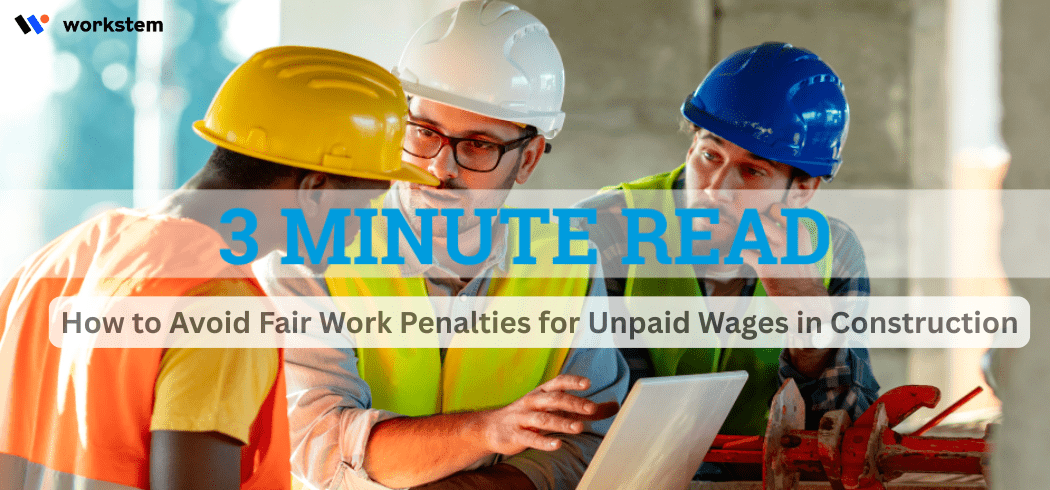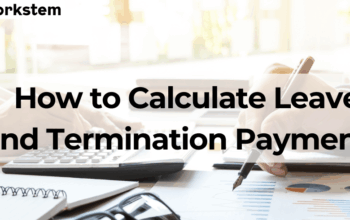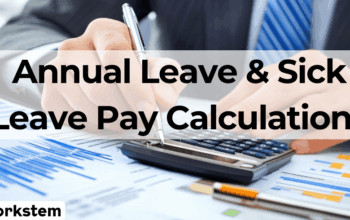Missing wages or underpayments can spell big trouble for any construction firm. Small payroll errors often trigger formal complaints, for example, an employee may send a letter of demand for unpaid wages when they notice a mistake. Ignoring such a letter of demand for unpaid wages can quickly escalate into a Fair Work Ombudsman audit or court case with steep Fair Work underpayment penalties. In one recent case, Sydney builder faced legal action after a casual worker was left with unpaid wages. The FWO is now seeking a penalty of up to $46,950 against Veens Group for this underpayment. This example shows how easily unpaid wages problems lead to fines. Below we examine the case facts and outline steps (and tools) to prevent such issues in your business.
Why Was Construction Company Fined Over Unpaid Wages: Case Study
In May 2025 the Fair Work Ombudsman took action against a Sydney housing construction firm. An FWO investigator found that the business had not paid a casual construction worker for eight days of work in 2022. The worker, a Chinese student visa holder, was allegedly owed minimum casual wages under the Building and Construction Award. The business failed to comply with a compliance notice requiring back-payment of that worker’s earnings. The company now faces court-ordered penalties: up to $46,950 in fines for the underpayment alone. In another case, a residential and construction operator in south-west Sydney was penalised $5,328 after failing to back-pay a 15-year-old casual labourer. Both incidents involved relatively small underpayments of pay or entitlements, yet resulted in substantial penalties and mandatory back-pay orders. These real-world examples demonstrate how even one worker’s unpaid wages can trigger formal enforcement and Fair Work underpayment penalties.
What Are the Causes and Consequences of Underpayments?
Payroll in construction is complex, and mistakes happen when systems fail. Common causes include manual time-sheet errors, misapplied award rates, or overlooked overtime and allowances. For example:
- Complex payroll rules – Multiple award rates and overtime rules can cause mistakes. Missing a casual loading or overtime penalty often creates unpaid wages. This one oversight becomes an underpayment, inviting worker complaints. If a mistake slips through, employees usually send a letter of demand for unpaid wages to recover the missed pay.
- Manual errors – Handwritten timecards or spreadsheet mix-ups can lead to missing pay. An unrecorded shift means a day’s wages go unpaid. A simple calculation error in overtime hours creates an underpayment. Each such error increases the risk an employee will demand compensation.
- Ignored warnings – Sometimes workers or inspectors notify a business of underpayments. If the company does not act, the issue escalates. An employee’s letter of demand for unpaid wages is typically the last warning before enforcement. Ignoring it almost guarantees a regulator’s involvement.
The consequences are serious: any unpaid wages or underpayments that come to light will lead to back-pay orders and fines. When a business ignores a demand letter, the Fair Work Ombudsman can launch an investigation. In court, judges impose Fair Work underpayment penalties on top of ordering full back-payment of wages (often with interest). These penalties are substantial – even a few thousand dollars of unpaid wages can become many thousands in fines. For example, a builder’s failure to pay two weeks’ wages to a teenager resulted in a $5,328 penalty. Worse, repeated or intentional underpayments may soon carry criminal sanctions under new laws. In short, letting unpaid wages accumulate risks heavy financial and legal damage, far beyond the original amounts owed.
How to Prevent Unpaid Wages with Workstem?
The key to avoiding penalties is preventing wage errors in the first place. Workstem’s all-in-one workforce management and payroll platform is designed to stop unpaid wages and underpayments before they happen:
- Automated Time & Attendance – Workstem captures all shifts and overtime digitally. Every minute worked is recorded so no hours are missed. This eliminates “lost” hours that would otherwise cause unpaid wages. When an employee submits a timesheet, it sends a notification for managers to approve.
- Built-in Award Compliance – Workstem is pre-configured with the Building and Construction Award [MA000020]. It automatically applies correct pay rates, overtime, allowances, and casual loadings. This ensures employees get every dollar they work. With automated award interpretation, accidental unpaid wages are virtually eliminated. You won’t have miscalculations on pay rates or missed entitlements that could attract Fair Work underpayment penalties.
- Accurate Payroll & Payslips – The payroll engine calculates wages, superannuation, and leave with no manual entry. Each payslip clearly breaks down hours, rates, and entitlements. This transparency means employees see exactly what they earned. If a letter of demand for unpaid wages ever arrives, you can immediately produce detailed records proving the pay calculations. Having this audit trail deters disputes and protects you from fines.
- Employee Self-Service – With Workstem, employees can view timesheets and payslips online. They can see how their pay is calculated and request corrections immediately. This self-service reduces confusion and stops issues before they turn into demand letters or legal action. Clear communication keeps everyone on the same page, minimising the chance that a worker ever needs to file a letter of demand for unpaid wages.
To Wrap Up
Avoiding unpaid wages and costly Fair Work underpayment penalties starts with the right tools and processes. Don’t wait for a demand letter or regulator notice, act now to ensure payroll accuracy. Workstem’s platform helps construction businesses of all sizes get wage calculations right every time. It gives you confidence that every hour is paid, entitlements are met, and awards are correctly applied. This way, you never face a letter of demand for unpaid wages and keep regulators at bay.
How Does Workstem Help?
Simplify your payroll process and ensure accurate pay rates with Workstem’s automated payroll system. Our pre-built modern award interpretation software covers 122+ awards and 34 EBAs, and keeps you up-to-date with penalty rates and other award entitlements.
Choose between our Standard and Advanced plans, and enjoy a range of benefits such as Fair Work compliance, an employee self-service App, and custom rule set. We have integrated our system with Xero and NetSuite as well to bring you a complete HR SaaS solution for your business.
Book a free demo with our payroll experts. Experience the efficiency and accuracy of Workstem today!
Read more:
Avoiding Underpayments: Tackling the complexities of the SCHADS Award
A One-Stop Payroll System: Compliance Made Easy
Payroll Compliance Prevents Back Pay
If Every Business Has a Payroll Software , Why Was $1 Billion in Back Pay Needed?








